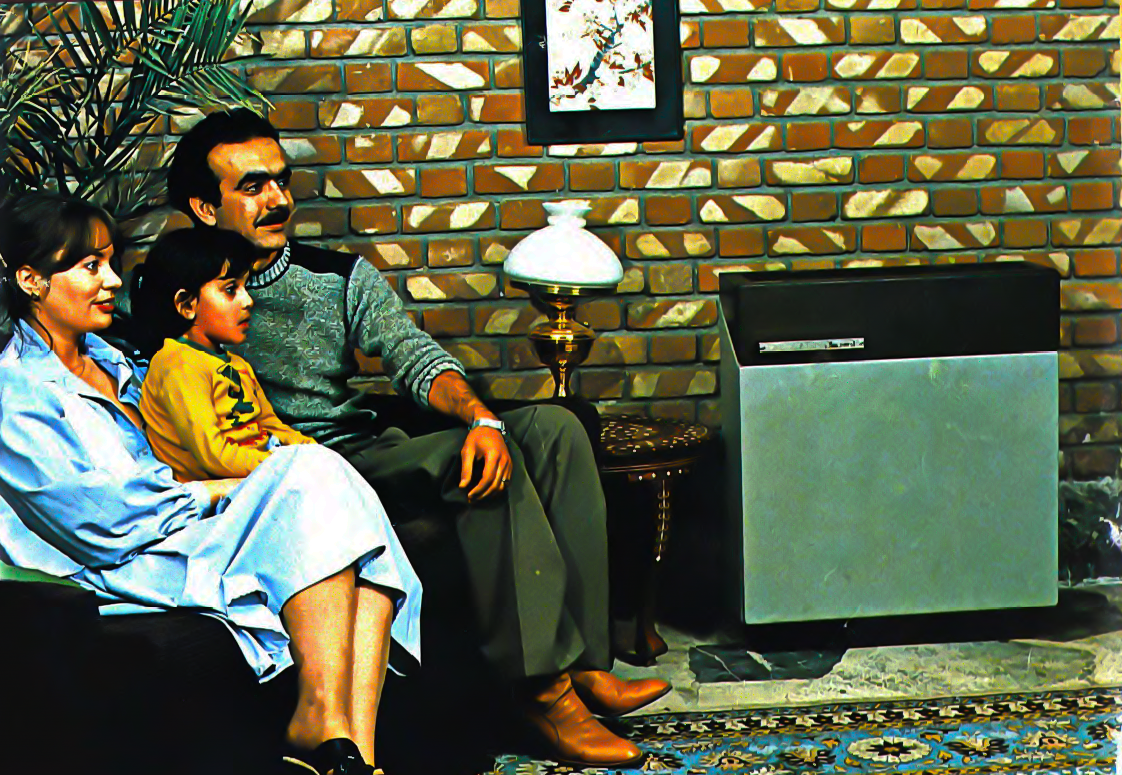From: Scientific American
A Smile at a Wedding and a Cheer at a Soccer Game Are Alike the World Over
In the 19th century, French clinician Guillaume-Benjamin-Amand Duchenne posited that humans universally use their facial muscles to make at least 60 discrete expressions, each reflecting one of 60 specific emotions. Charles Darwin, who greeted that number with some skepticism, was invested in exploring the universality of facial expressions as evidence of humanity’s common evolutionary history. He ended up writing a book about human expressions, leaning heavily toward the idea that at least some were common across all cultures.
…
Read the whole story (subscription may be required): Scientific American
More of our Members in the Media >



